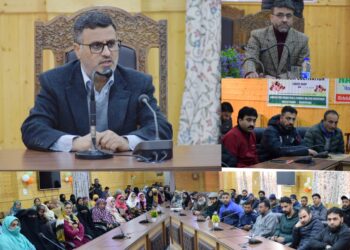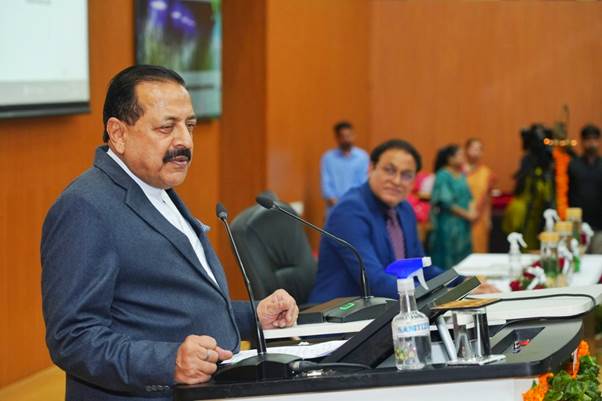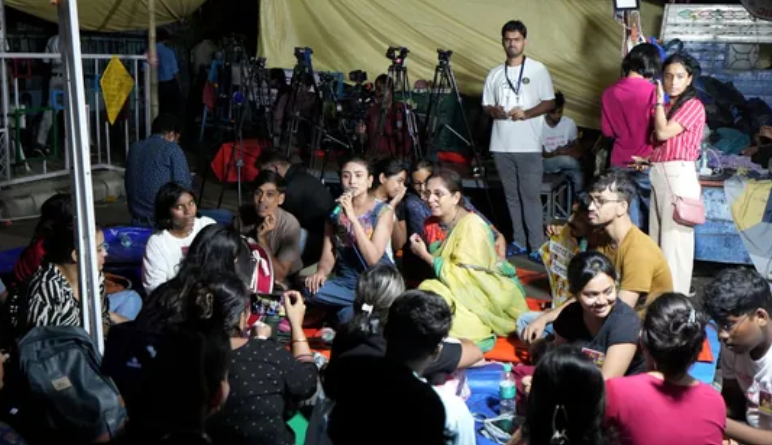The Bureau of Indian Standards (BIS), the national custodian of quality standards in India, is ushering in a new era of robust quality infrastructure. A groundbreaking government initiative spearheaded by the BIS aims to modernize the country’s network of testing laboratories. This ambitious scheme has the potential to significantly elevate India’s standing in the global quality landscape by focusing on critical sectors that underpin economic growth and consumer well-being. Proposals exceeding ₹340 crore are already under review, indicating a strong national commitment to this program.
 The presence of well-equipped and reliable testing facilities forms the bedrock of a strong quality infrastructure. These facilities serve as the gatekeepers, ensuring that manufactured products meet the specific technical requirements outlined in national and international standards. This meticulous evaluation process benefits a wide range of stakeholders:
The presence of well-equipped and reliable testing facilities forms the bedrock of a strong quality infrastructure. These facilities serve as the gatekeepers, ensuring that manufactured products meet the specific technical requirements outlined in national and international standards. This meticulous evaluation process benefits a wide range of stakeholders:
- Manufacturers: By undergoing rigorous testing and adhering to established standards, manufacturers gain the confidence that their products meet consumer expectations. This translates into a stronger brand reputation, increased market competitiveness, and ultimately, a boost in sales and profitability.
- Regulators: Effective quality control measures, facilitated by robust testing facilities, empower regulatory bodies to enforce standards effectively. This safeguards consumer interests and ensures the safety and efficacy of products circulating in the market.
- Consumers: Access to a wider range of high-quality goods and services empowers consumers to make informed purchasing decisions. They can be confident that the products they choose meet the advertised specifications and safety standards, fostering trust in the marketplace.
The Department of Consumer Affairs, under the Ministry of Consumer Affairs, Food & Public Distribution, is taking a comprehensive multi-pronged approach to address the need for modernized testing facilities:
- Government Lab Modernization: Proposals exceeding ₹340 crore for establishing state-of-the-art testing facilities in government laboratories across critical sectors like textiles, food safety, legal metrology, and power transmission have been reviewed. These upgraded labs will not only serve as essential testing hubs but will also act as catalysts for innovation and growth in these key areas.
- Expanding the Support System: Recognizing the crucial role of a diverse ecosystem in building a robust quality infrastructure, the scheme has been broadened to include support for laboratories beyond the government sector:
- Higher Education Institutions: Universities and colleges with existing or planned testing facilities can now apply for financial assistance to upgrade their equipment and bolster the expertise of their staff. This fosters a culture of quality consciousness within academia, equipping future generations with the necessary skills to drive a quality-driven workforce.
- Private Organizations: The initiative extends to R&D institutions and non-profit organizations running laboratories. Their inclusion encourages broader participation in the quality control ecosystem, fostering a collaborative environment that benefits the entire economy.
- Manufacturers with In-House Testing Facilities: Companies that possess internal testing capabilities can leverage the scheme by getting their labs recognized under the BIS Laboratory Recognition Scheme (BIS LRS). This recognition allows them to participate in BIS conformity assessment programs, further enhancing the credibility and market acceptance of their products.




